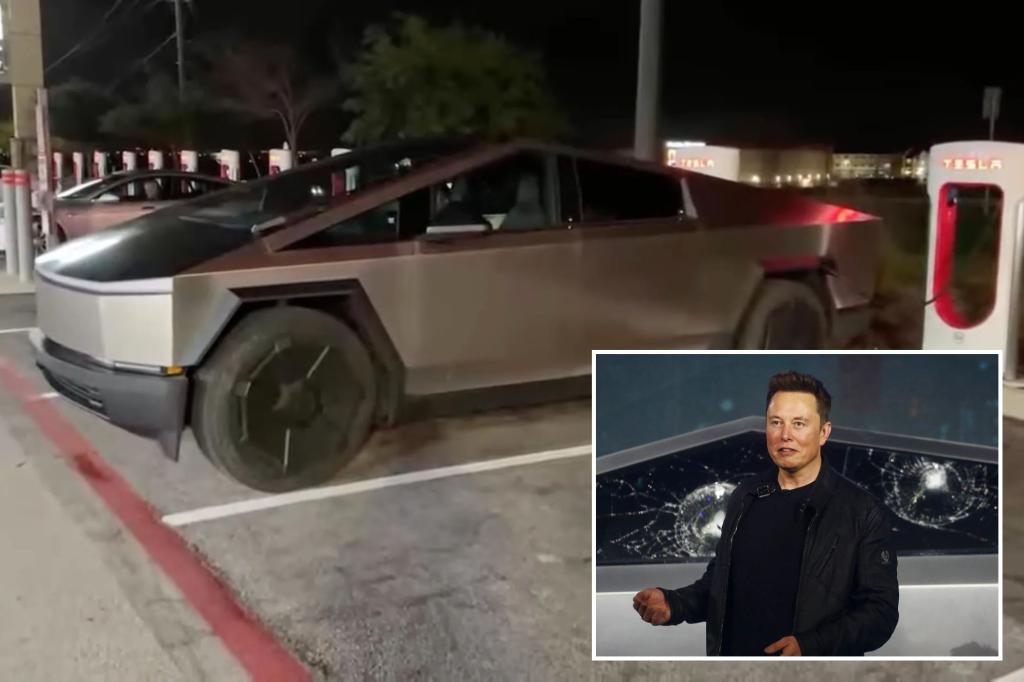Tesla Cybertruck gets less than 80% of advertised range in YouTuber’s test::A YouTuber took Tesla’s Cybertruck on a ride to see if it can actually hit its advertised 320-mile range, only to find out that its could only reach 79% of the target. When YouTuber Kyle Conn…



Ah so actually it’s not that ICE vehicles are more efficient at highway speeds, it’s that they are just SO MUCH worse in city driving that it only seems that way.
Interesting, I never thought about it that way
It’s both. Nearly all ICEs are specifically optimised to cruise at 50mph. Anything more or less will significantly reduce your MPG.
But yeah, slow speeds are really inefficient in an ICE.
Any braking without energy recovery is wildly wasteful. Public transit (busses, trains) are fucking terrible wastes of energy due to their large mass and frequent stops. Hybrid and/or electric busses are, in this respect, potentially far superior to their diesel counterparts. I’m not a train person (engineer…train…haha) but I don’t think even the all electric trains use regenerative braking and there are few battery powered trains in service.
I’ve spent the last year altering my driving habits when I can. I try not to be an asshole when others are around/in traffic, but when I’m not pressed I will coast to a stop as much as possible (esp uphill) and use hills to gain momentum. Over 6000 miles, I’ve raised my overall mpg around 18%.
For trains and subways, you can build the stations slightly above the rest of the tracks so that a train will naturally break when reaching the station, and accelerate when leaving. Efficiently storing energy in potential gravitational form. I’m not sure how frequently this is done, but at least in my city the subway does this at most stations.